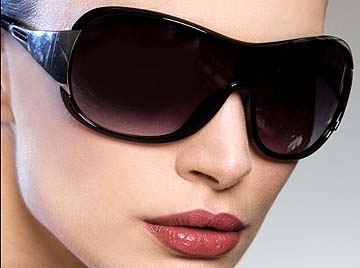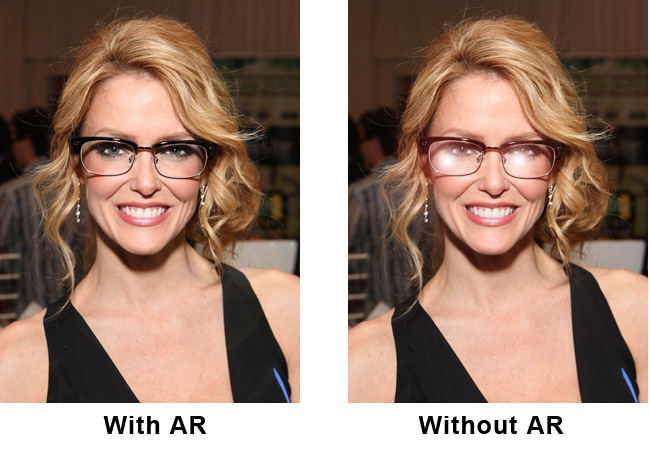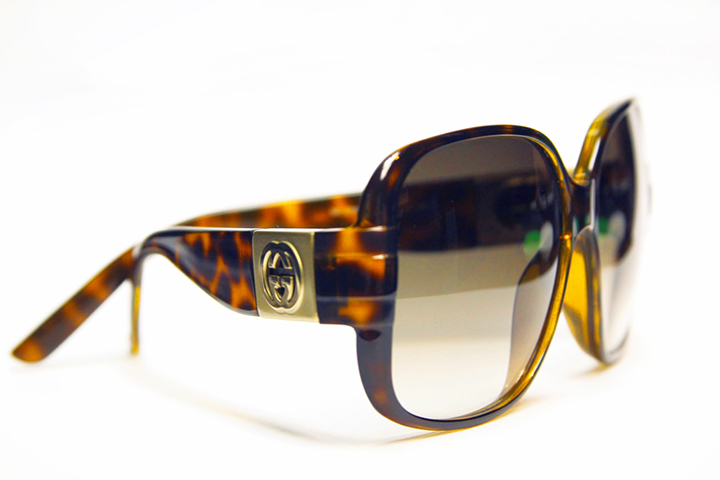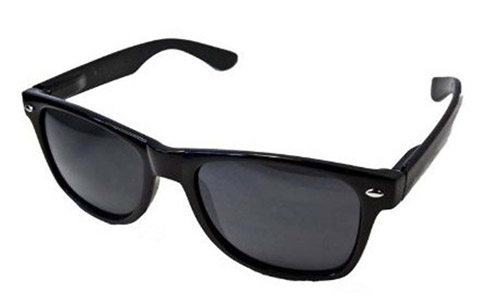A good pair of sunglasses can protect you from UV rays, help you see better in harsh sunlight and reduce visual discomfort by several notches, and of course, make a style statement along the way! Like so many other products that are supposedly ‘non-essential’, sunglasses have often been criticized for being more of fashion accessories than protective wear. This is, in part, because of a couple of myths floating around that a surprising number of people believe. They say that the greatest enemy of truth is not a lie, but a myth, and so we’re here to bust those myths. If you’ve ever doubted a couple of things that sunglasses can do or are on the fence about buying a pair, this is just the thing for you!

It’s a well-known fact that we try to look for products at the lowest price, but in the case of sunglasses, that may not be the wisest choice. Cheaper sunglasses can do more harm than good, and despite everything they claim, may not be safe to use. Plus, even if they claim to offer UV protection, there has to be something they have skimped on. So if you want to get the best deal, always choose a branded pair of sunglasses with certified protection, even if they are slightly more expensive. We also agree that there are a lot of terms thrown around in the sunglass market, and if you’re confused about what to get, first check out the 6 common myths about sunglasses:
Myth 1: Darker Sunglasses Are Better
One of the most enduring myths out there, most people seem to think that the darker your sunglasses, the better protected you are. This is completely wrong. Tints have nothing to do with UV protection, and even though darker glasses make it seem like there’s less sunlight hitting your eyes, you’re actually being bombarded by invisible UV rays.

A pair of sunglasses that offers 100% UV protection and is lightly tinted is much better than a pair of extremely dark sunglasses without UV protection. So don’t make the mistake of thinking that if the lenses are darker, they’re better protection. The lens material also plays a role in this regard, as polycarbonate lenses can offer 100% UV protection, but CR-39 plastic can only provide up to 88% UV protection.
Myth 2: Sunglasses with 100% UV Protection Are Expensive
When you go for a premium pair of sunglasses with UV protection, it will obviously cost you more, but there are also smaller but nonetheless respected brands that offer sunglasses with 100% UV protection for much less. You can grab yourself a pair of good quality and protective sunglasses without spending a bomb if you choose the correct brands. Of course, a cheap $5 pair of sunglasses probably isn’t giving you all the features it advertises, so you have to find the middle ground between affordable and premium sunglasses, which also offer UV protection.

Myth 3: Polarized and Anti-Glare Glasses Are All The Protection You Need
A lot of people think that as long as the glasses are polarized and anti-glare, they’ve got the protection part covered. This is false. Polarization and anti-glare features have nothing to do with UV protection, and there are glasses out there that offer only the former two but not the latter.
 The whole point of sunglasses is to protect your eyes from harmful UV rays, so you should actually give preference to UV protection, then polarization and anti-glare features.
The whole point of sunglasses is to protect your eyes from harmful UV rays, so you should actually give preference to UV protection, then polarization and anti-glare features.
Myth 4: Lens Color Affects Protection Levels
Sort of a derivative of the ‘darker glasses are better’ myth, people seem to think that lens colors affect protection levels. You’ve probably thought or heard that darker colors offer more protection than lighter colors. That’s not true at all. Colors are simply for better vision, since some people prefer different contrasts or tints.  They also choose different colors as a fashion choice. So a good pair of protective sunglasses will offer the same sort of protection, no matter what color the lenses are. Don’t think otherwise!
They also choose different colors as a fashion choice. So a good pair of protective sunglasses will offer the same sort of protection, no matter what color the lenses are. Don’t think otherwise!
Myth 5: Cheap Sunglasses Are Better Than No Sunglasses
If you’re still not that convinced about getting a good pair of sunglasses and have decided to go for cheap sunglasses to see if you need them, you’re actually harming your eyes even more.  Cheaper sunglasses are just dark lenses without any sort of UV protection. When your eyes are in the shade or under dark glasses, the pupils tend to dilate and let in more light. In the case of cheap sunglasses, your pupils dilate and let in more UV rays than ever because they’re not blocked by the non-protective lenses. So don’t even think of buying cheap sunglasses without protection for any reason at all, it could actually cause permanent visual damage.
Cheaper sunglasses are just dark lenses without any sort of UV protection. When your eyes are in the shade or under dark glasses, the pupils tend to dilate and let in more light. In the case of cheap sunglasses, your pupils dilate and let in more UV rays than ever because they’re not blocked by the non-protective lenses. So don’t even think of buying cheap sunglasses without protection for any reason at all, it could actually cause permanent visual damage.
Myth 6: You Need To Wear Sunglasses Only On Sunny Days
Another very prevalent misconception among people is regarding the usage of sunglasses on non-sunny days. When we think of cloudy days, chances are that the image that pops up in our head doesn’t include people with sunglasses. Heck, they’re named ‘sun’glasses, so why wear them when the sun is blocked by clouds? The truth is that you still need to wear sunglasses on cloudy days. Even though sunrays are blocked by clouds, UV rays still get through. They’re invisible and can cause a lot of harm so the same principle of pupils dilating and letting in more light applies here. Under the shade your eyes let in more light, but since UV rays are not blocked, they still enter your eyes and can cause harm.

We hope that debunking these myths has cleared up a thing or two in your mind about sunglasses. It’s high time that they’re seen as essential protective wear instead of fashion accessories primarily, and that can only happen when these misconceptions don’t exist anymore. So go out there and get yourself a good pair of sunglasses, you need it!
Photo Credits: tabletalk.safeway.ca, www.magforwomen.com, eyecarebahamas.com, blog.zennioptical.com, visianinfo.com
